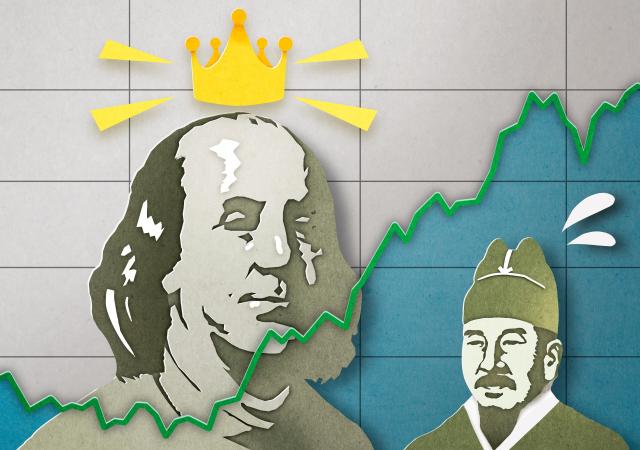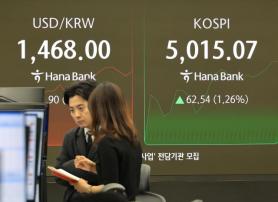
The Bank of Korea has warned that South Korea’s economy remains acutely vulnerable to financial turbulence in the United States, a consequence of the dollar’s unrivaled role in global finance and trade.
In a report released on Monday, the central bank argued that the international status of the dollar magnifies the effect of American financial shocks, rippling through South Korea’s markets, exports and investment. The analysis also urged policymakers to prepare for shifts in the global currency order, including the rise of dollar-based stablecoins and efforts to expand the use of the Korean won in cross-border settlements.
The dollar’s standing as the world’s primary safe asset, the report noted, means that U.S. interest rate hikes or episodes of market instability can quickly strengthen the greenback, depress consumption and investment at home, and raise the cost of South Korean exports abroad. Without the dollar’s dominance in trade and finance, the report estimated, the decline in South Korean production during such shocks could be cut by as much as one-third.
A strong dollar also weighs heavily on exporters by pushing up the relative price of South Korean goods. If trade settlements were conducted in won instead of dollars, the bank found, the resulting decline in production could be reduced by a quarter.
“The global role of the dollar creates an additional transmission channel that amplifies financial shocks from the United States,” the bank wrote.
The study also examined the potential long-term effects of digital innovation in finance. Son Min-kyu, head of the bank’s financial modeling team, said that greater use of dollar-based stablecoins in trade settlements could intensify the impact of dollar fluctuations worldwide, while potentially increasing demand for U.S. Treasuries used as collateral.
But the implications for the dollar’s status as the world’s dominant safe asset, Son added, remain uncertain. He noted that South Korea could cushion itself from some of these shocks if its government bonds gain inclusion in the World Government Bond Index, a move that could attract more global investors.
* This article, published by Aju Business Daily, was translated by AI and edited by AJP.
Copyright ⓒ Aju Press All rights reserved.




